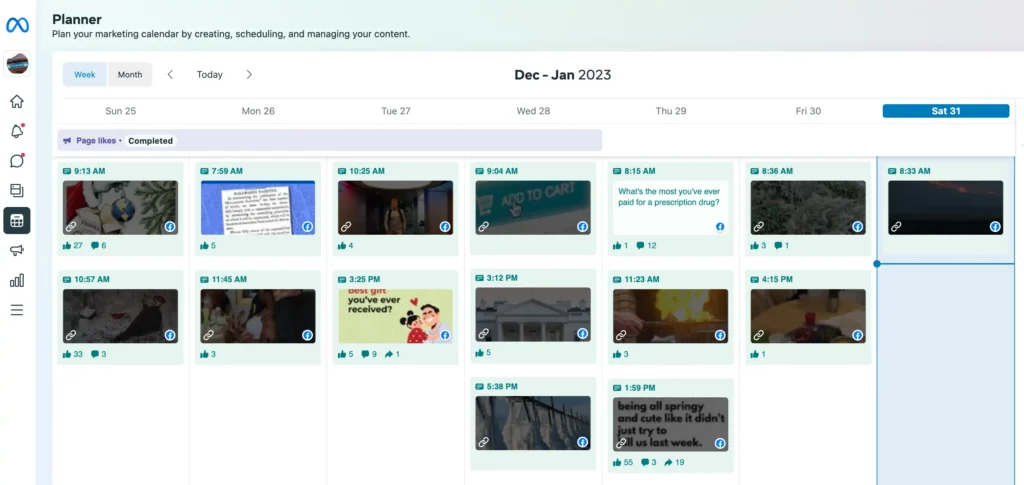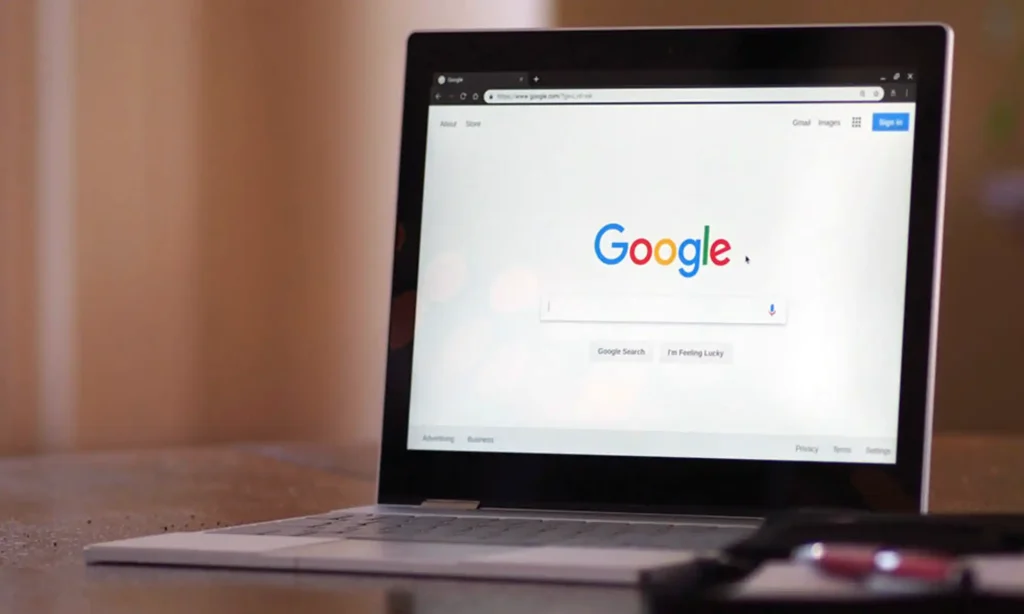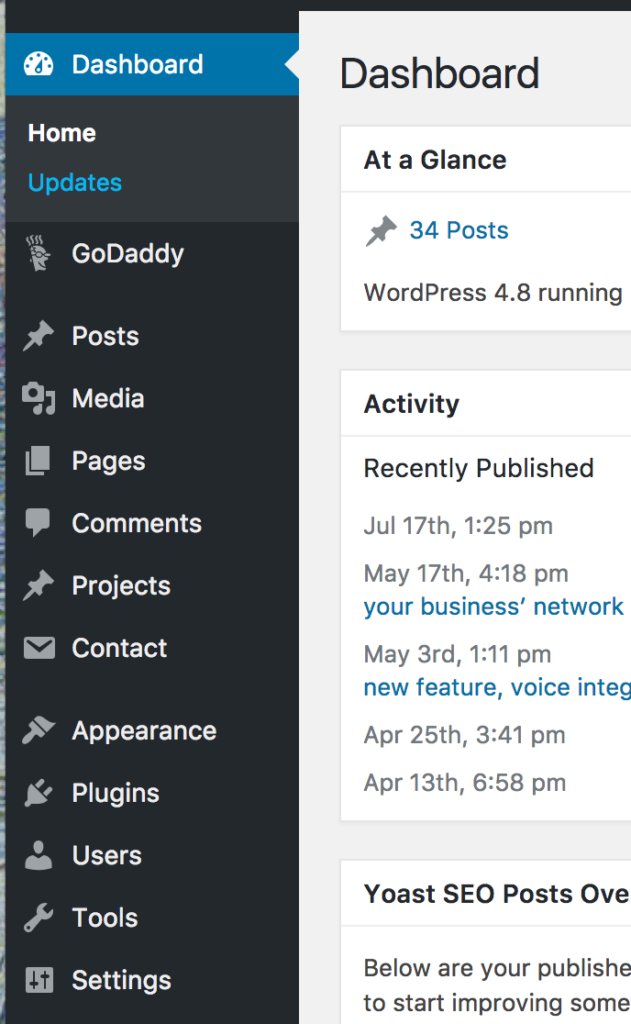We had a really bad client. They own a high end medispa in the North suburbs of Chicago. It is rare for a client to exhibit so many characteristics of being a bad client.
- They failed to provide necessary information or resources in a timely manner
- Despite the neglect and damage done to their website by their previous marketing firm they were unable to provide administrative credentials for the website. This means, most outrageously, that their website was displaying the incorrect telephone number for over a month when our engagement began.
- They claimed that their CRM was unable to show them anything about their business’ performance. Nothing about which were their most profitable services. Nothing about where most of their customers lived.
- Lesson learned: Be sure to make sure to be clear about how critical credentials are and make acquiring them top priority.
- They were consistently difficult to communicate with and unresponsive to emails or calls
- No excuse was given for the delay in giving us admin access to the website.
- Near daily requests for admin access were not answered
- Lesson learned: Clearly establish who the decision maker is and interact directly with that person. This gets difficult if this changes during the project which makes it even more important.
- They made unrealistic demands or have unrealistic expectations about the scope of the project or timeline
- They were unhappy that they weren’t receiving phone calls and blamed us although there was no way to change the incorrect phone number listed all over their website.
- They required that we reduce the budget for Google Ads but expected the same response that the higher budget received.
- They demanded that resources be spent on trying to promote one of their services that is very expensive, has a terrible online reputation and was rarely searched for.
- They claimed that no SEO was performed on their behalf.
- Their website performance was an “E” when we started which we improved to an “A.”
- Their website had well over 300 completely unoptimized images that we corrected.
- Their WordPress backend had many unused plugins and plugins that were missing activation.
- Lesson learned: It is never more important to realize that educating the client is part of the engagement process and that it may not take as it did not in this case.
- They were consistently indecisive and make frequent changes to the project scope or direction
- They eventually, after many changes, made it apparent that they were only interested in sales despite our providing them with marketing.
- Their indecisiveness resulted in over a thousand changes to Google Ads in less than two months.
- Lesson learned: You can never spend too much time making the scope and direction abundantly clear. However, some people will insist on being unreasonable.
- They blame others for problems instead of taking responsibility for their own actions
- Their complaints about no phone calls were due to their not discovering that the phone number on their website was incorrect and we couldn’t even change it because they couldn’t provide the proper credentials.
- Their complaints about no leads was due to their misconfiguration of their email client which had leads skipping the Inbox.
- Their complaints about leads expiring in a short period of time was their attempt to cover their staff’s inability to respond to leads in a reasonable length of time. Leads that don’t immediately convert to sales can convert after following up.
- Lesson learned: Some leads are better than others but no lead is worthless. Your client needs to be very clear about this.
- They were disrespectful or abusive towards our team
- This happened repeatedly to a female team member.
- Lesson learned: This is intolerable and inexcusable. Time to show the client the door.








![Great SEO by sem[c]](https://searchenginemarketingchicago.com/wp-content/uploads/2018/06/P6210512-1024x576.jpg)



![Sendtu by sem[c]](https://searchenginemarketingchicago.com/wp-content/uploads/2017/04/Screenshot-2017-04-27-08.05.34-1024x414.png)
![Sendtu menu by sem[c]](https://searchenginemarketingchicago.com/wp-content/uploads/2017/04/Screenshot-2017-04-27-08.06.08.png)
![Sendtu Reports by sem[c]](https://searchenginemarketingchicago.com/wp-content/uploads/2017/04/Screenshot-2017-04-27-10.09.02-1024x310.png)
![Sendtu detailed report by sem[c]](https://searchenginemarketingchicago.com/wp-content/uploads/2017/04/Screenshot-2017-04-27-10.09.32-1024x557.png)